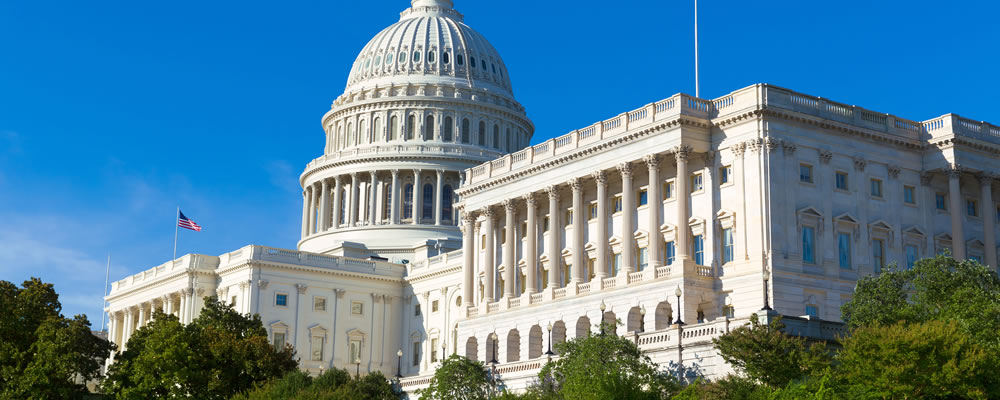Euro to US Dollar Exchange Rate Benefits from US Dollar Weakness despite Slowing German Inflation
Despite a lack of fresh reasons to buy the Euro (EUR) last week, the Euro to US Dollar (EUR/USD) exchange rate climbed in the second half of the week on broad US Dollar (USD) weakness.
EUR/USD opened last week at the level of 1.1371 and spent most of the week trending with an upside bias.
While EUR/USD briefly touched on a low of 1.1347 on Boxing Day, the pair has since put in solid gains and trended near a weekly high of 1.1471 at the time of writing on Friday afternoon.
The Euro was unable to hold its best levels as Germany’s latest inflation stats fell short of forecasts, but broad weakness in the US Dollar caused by US political uncertainties and fears of slowing global economic growth weighed heavily on the US currency.
Euro (EUR) Exchange Rate Gains Limited as German Inflation Slows
The Euro is the US Dollar’s biggest rival, and as a result the two currencies are negatively correlated.
This means that the Euro is often more appealing to investors in times of US Dollar weakness, and this has been the primary cause of Euro to US Dollar exchange rate gains this week.
A lack of supportive Eurozone news or data recently has simply meant that the Euro is more appealing than the US Dollar due to weakening market expectations about the US economic outlook.
The Euro’s gains versus the US Dollar were limited too, as Friday’s German Consumer Price Index (CPI) inflation rate projections for December fell short of expectations.
German inflation was expected to rise from 0.1% to 0.3% month-on-month but unexpectedly remained at 0.1%. Similarly, yearly inflation was forecast to slip from 2.3% to 1.9% but instead fell to just 1.7%.
It came after the European Central Bank (ECB) predicted that Eurozone growth would slow in 2019, but the bloc’s price pressures would strengthen. Germany’s weaker than expected inflation data weighed on ECB bets slightly but ultimately had little impact on the Euro outlook.
Expectations for Weaker US Economy Weaken US Dollar (USD) Exchange Rates
Despite market demand for safe haven currencies in recent sessions, the weaker US Dollar has been unable to benefit and investors looking for safe havens have been turning to the Japanese Yen (JPY) instead.
This has been partially due to market expectations for weaker US economic activity in 2019 and onward. Analysts increasingly predict that global growth will worsen, which could dampen US economic growth too.
Due to expectations for slowing growth, investors have been doubting that the Federal Reserve should hike US interest rates as much as it plans to in 2019.
The Fed has signalled plans to hike US interest rates at least twice in 2019, which has made investors anxious that US interest rates could rise too high and damage the US economy.
Analysts also don’t see much scope for the US Dollar to keep strengthening next year unless other major currencies weaken significantly.
Euro to US Dollar (EUR/USD) Exchange Rate Investors Await US Political Developments
Euro to US Dollar (EUR/USD) exchange rate movement will be quiet in the first half of next week, with many markets closed to observe New Year’s Day holidays.
In the second half of the week though, markets will return to full swing with slews of notable Eurozone and US data due for publication.
Eurozone and US Manufacturing PMI data from December will be published on Wednesday, followed by services and composite PMI data on Friday.
These PMI figures could give investors a better idea of how the Eurozone and US economies performed over the past month.
If Eurozone data beats expectations it could make EUR/USD even more appealing as Eurozone economic concerns may lighten.
Of course, US political developments could be the most influential news for the US Dollar next week as investors hope the US government shutdown will come to an end soon.
The US Democratic Party will take majority control of the House of Congress when it reconvenes on the third of January.
Other data next week, such as Eurozone inflation results and US job market stats on Friday, could also influence the Euro to US Dollar (EUR/USD) exchange rate.



